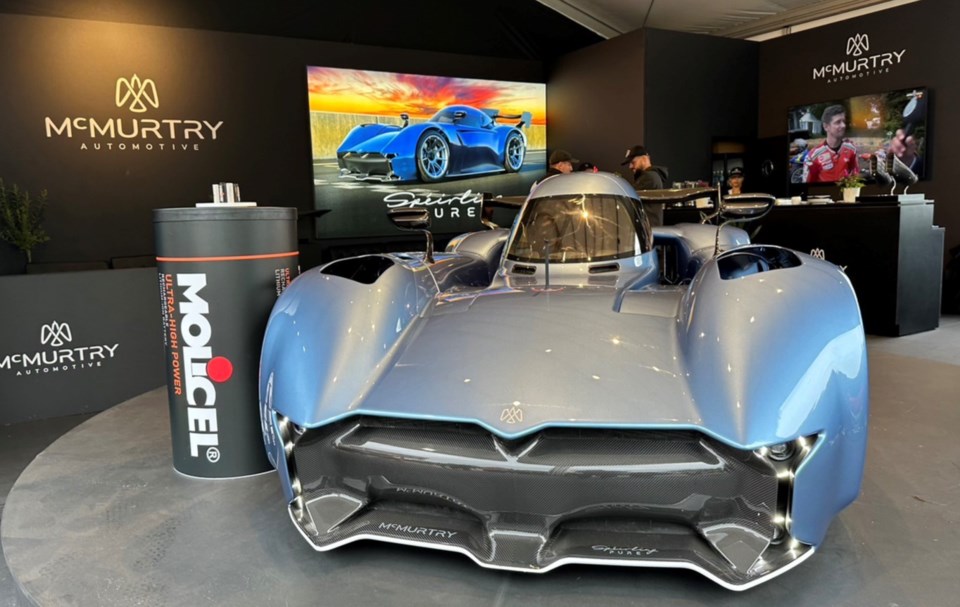Much like the electric vehicle manufacturing space, B.C.’s rechargeable battery manufacturing sector is small and highly specialized.
It’s unlikely that B.C. will ever see the kind of battery gigafactories being built in Eastern Canada. But it has carved out expertise and capability in certain niche markets—like rechargeable batteries for the marine sector.
And E-One Moli Energy Corp., which will soon start a $1 billion plant expansion in Maple Ridge, makes the Molicel—rechargeable lithium-ion battery cells that can be used in high-end electric race cars or in vertical takeoff and landing aircraft.
“Our cell is a very similar type of cell as what you’d find in Tesla vehicles,” said Frank So, executive vice-president at E-One Moli.
However, that’s not a market E-Moli serves.
“We do not target the electric vehicles because, one, the scale of the number of cells that are required annually is far beyond of what we are capable of meeting,” So said. “Plus, we find conventional electric vehicles base their metrics on dollars per kilowatt hour.
“So, basically, they want to buy a cheap cell with high capacity, which is really not what we’re focused on. We’re really more focused on high performance—so high-rate discharge.”
It would be hard to compete with Asian battery manufacturers for a share of the passenger vehicle space, So said. E-One Moli focuses instead on a niche market that demands high quality, fast-discharge batteries used in things like commercial-grade power tools.
“To go after the top one per cent of the total available market, that is already plenty of market for us,” So said.
E-One Moli started in 1977 in B.C. as Moli Energy Ltd. The company changed hands twice over the years, first when it was acquired by a Japanese consortium in 1990 and then in 2000 by a Taiwanese company, Taiwan Cement Corp., its current owner.
In November, the company announced a $1 billion plant expansion that would significantly boost B.C.’s manufacturing capacity.
The company is getting $205 million in funding from the federal government and $80 million from the B.C. government.
The plan is to demolish the company’s old plant in Maple Ridge and rebuild it, with added manufacturing capacity that will enable E-One Moli to increase its annual production capacity from 24 million cells to 130 million cells.
So said the company—which currently employs 110 people in Maple Ridge—plans to add 350 new full-time employees.
“It’s a very significant jump in terms of headcount,” So said. “And we will also be putting in a significant amount of automation to make this work.”
The company is aiming to break ground on the new plant in the winter and start production in the new facility in 2027.
Another niche that B.C. companies have filled in the battery space is for marine applications. Corvus Energy and Shift Clean Energy were both founded in B.C. and developed rechargeable battery systems for marine vessels such as ferries. Corvus Energy is now headquartered in Norway, though it still does some manufacturing in Richmond.



